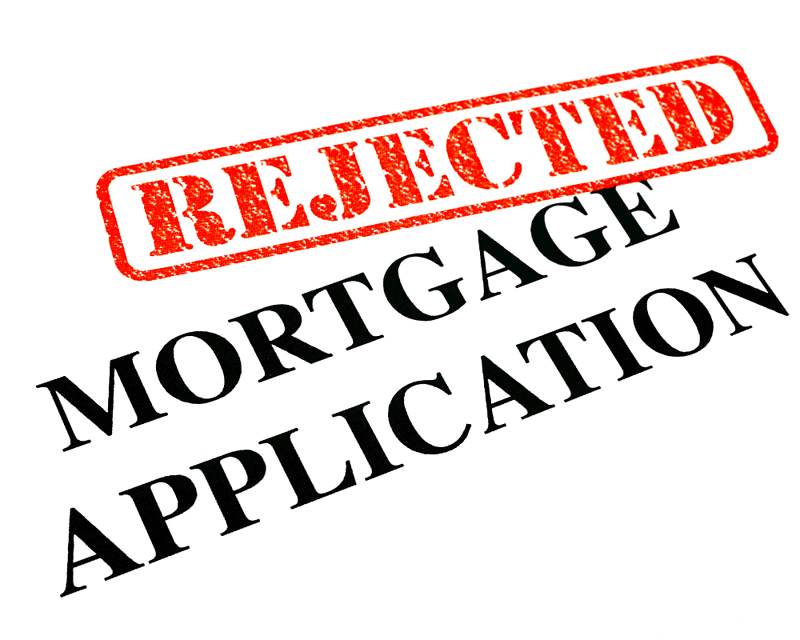Mortgages are interesting as they’re probably the most important financial product we ever come across in our lives, yet most of us only know about them from Monopoly. If I were in charge of education, I’d make sure every child gets taught about mortgages in secondary school, so they know what to expect when the time comes.
As we all know, a mortgage is a loan that helps you buy a house. Without one, most people would never be able to afford a home. In a perfect world, mortgage applications get approved and you get the money immediately. Sadly, this isn’t the case. There’s a strict application process that often results in people being rejected. If you’re planning on buying a house, it helps to learn why applications are denied. Loads of reasons could come into play, but here are the top three:
You don’t earn enough/can’t prove that you earn enough

Photo by Precondo CA on Unsplash
If you don’t earn enough money, your mortgage application will be rejected. Why? Because lenders don’t think you bring in enough cash to keep up with the regular repayments every month. Instead of risking it, they deny your application.
Likewise, if you can’t prove that you earn enough money, the same will happen. This is more of an issue for self-employed people than anyone else. As it says in this self-employed mortgages guide, you need two years of earnings evidence. For people in full-time employment, you usually need far less. If you don’t have enough evidence of your earnings, your application will be rejected.
You have a terrible credit score/history
Your credit score is a score that determines how worthy you are of borrowing money. It takes all of your financial habits into account, particularly your ability to repay loans or make bill payments on time.
If you have a bad credit score, it dictates that you aren’t creditworthy. Perhaps this is down to lots of missed payments or you’ve got too much debt. Whatever’s causing your score to be bad, lenders won’t take a risk on you.
You don’t have enough money for a deposit

This is slightly different to not earning enough money. You may have all the evidence showing that you earn a lot of money and can afford mortgage repayments. But, if you don’t have enough cash to make a deposit, the application will be denied.
Every mortgage comes with a deposit and the average is around 15% of the property price. The mortgage loan will then cover the remaining 85%. You can get 5% mortgages, but that’s irrelevant if you don’t have any money to actually pay a deposit. There needs to be enough cash in your account to show the lender that you’re ready to make the payment when necessary. Sometimes, you also need to prove where the money came from – but that’s usually only when the deposit is exceedingly high and suspicious.
As mentioned in the intro, other factors do come into play. Applications have been denied in the past due to admin errors, so ensure all the information you provide is accurate. Most of the time, it will be down to one of the three things shown above. Now that you’re aware of this, do whatever you can to stop these issues from arising during your application.


